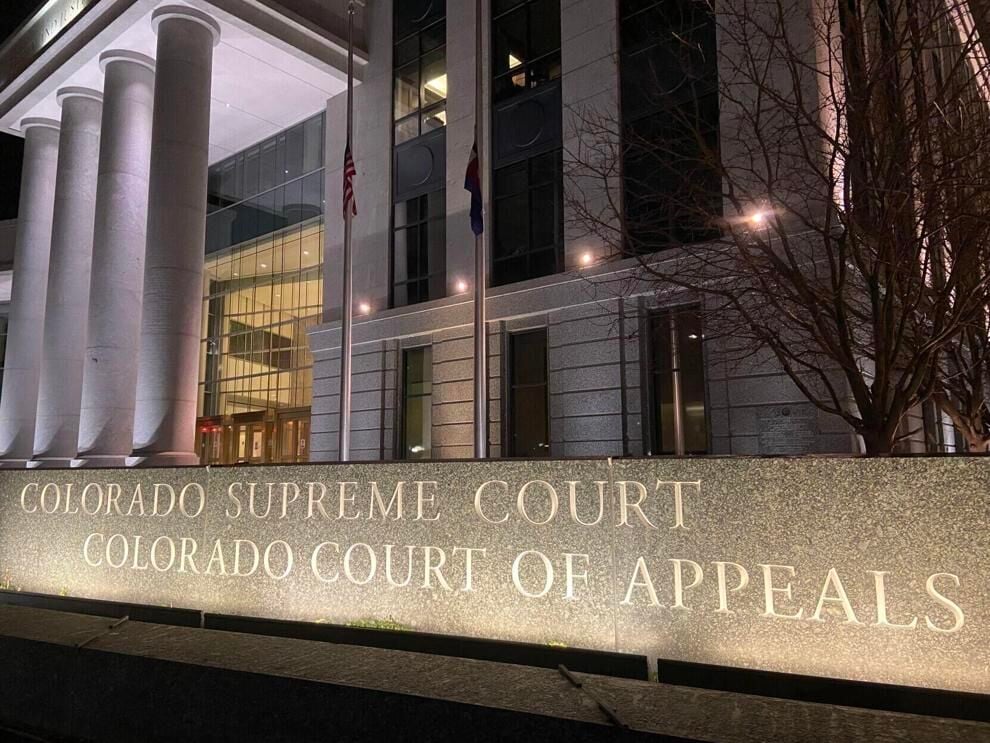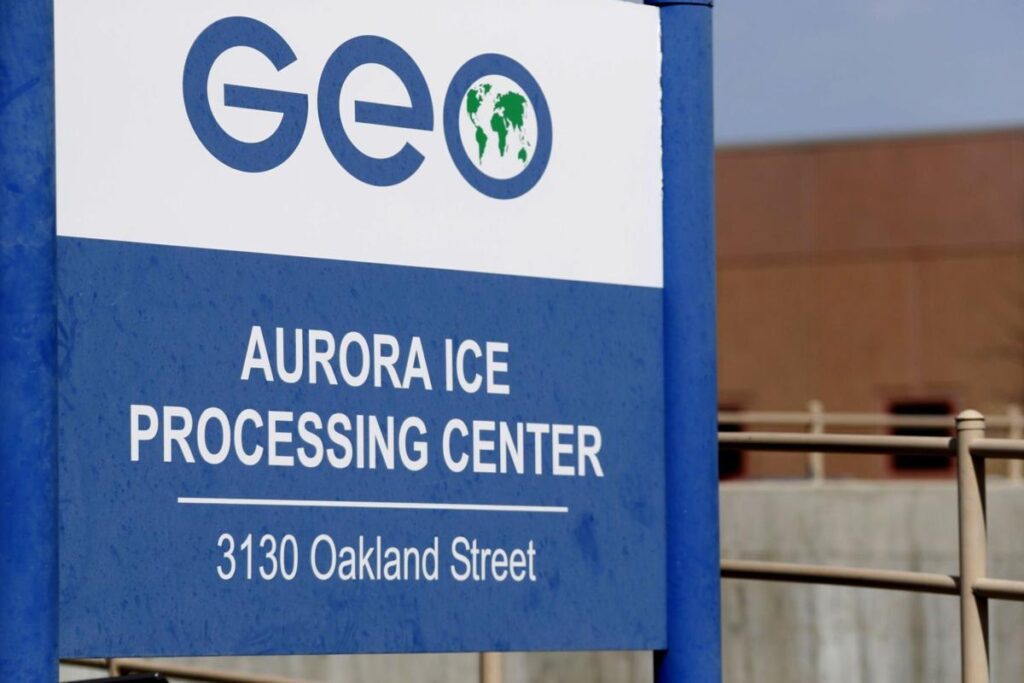Appeals court rules juries may have unrestricted access to ‘pretext’ calls between sex assault victims, suspects
Colorado’s second-highest court on Thursday ruled that trial judges may provide juries with unrestricted access during their deliberations to “pretext” phone calls made by sex assault victims to their alleged perpetrators with a goal of eliciting incriminating statements.
The Court of Appeals had never before decided whether pretext calls should be treated like a defendant’s own statements — which do not require safeguards when given to jurors — or like a witness’s statements, which can be unfair during deliberations because the accuser is effectively “in the room.”
A three-judge panel for the Court of Appeals decided pretext calls fall into the unrestricted category and declined to reverse a man’s Adams County child sex assault convictions.
Pretext calls where a defendant responds candidly to allegations of wrongdoing can be important evidence, and the victim is typically under the supervision of law enforcement in planning and making the call.
“A suspect will frequently talk to the sexual assault victim about the incident if he believes the victim is alone and no one else is listening,” Harold Eisenga, a detective with the San Diego Police Department, wrote in a report about pretext calls. “The tape recording resulting from an effective pretext call gives the investigator leverage during the subsequent interview of the suspect because the investigator can confront the suspect with the statements the suspect made.”
Researchers at the University of Nevada and University of San Francisco noted pretext callers and police interrogators use similar strategies when speaking to suspects, namely by implying a crime took place and attempting to prompt explanations or apologies.
“In some respects, pretext callers are also less constrained regarding the tactics they can deploy,” the researchers wrote in a 2020 article. While judges may rule a confession inadmissible if police use threats or promises, “the pretext caller is free to make many threats and promises in order to elicit a confession, without risking the possible exclusion of the suspect’s admissions from evidence.”
Brendan Joseph Shannon stood trial in 2021 in Adams County for his sexual relationship with a girl 16 years younger than him. While the defense insisted Shannon had sex with the victim only after she turned 15, which would have been a misdemeanor, jurors convicted him of a felony based on evidence the victim was 13 when the relationship began. Shannon is serving a prison sentence of 15 years to life.
The victim placed multiple recorded pretext calls to Shannon, including one with a detective. Shannon made incriminating statements supporting the prosecution’s theory the assaults began when the victim was 13.


After closing arguments, District Court Judge Sean Finn asked the parties what they believed should happen when jurors asked to listen to the pretext calls during deliberations, “because I’m almost certain they will.”
He noted the Colorado Supreme Court’s two standards: a defendant’s statements are available without restriction, while judges have to scrutinize witness statements for unfairness to the defendant. But the pretext calls featured both the victim and the defendant speaking.
“Which area of the law does this fall in?” Finn asked.
The prosecutor was “fine either way,” but believed the pretext calls were defendant statements, with no restrictions required. Finn agreed, saying the calls amounted to a defendant’s statement with “the named victim doing the questioning.” He indicated he would “send these exhibits back to the jury,” although it was unclear if Shannon’s jurors ended up reviewing the calls after all.
On appeal, Shannon pointed to the Supreme Court’s prior reasoning for disallowing jurors to listen and re-listen to a witness’ testimony while deliberating.
“We have observed that honoring requests for access in the jury room to witnesses’ out-of-court statements effectively puts the witness in that room during deliberations and creates a risk that the jury will place undue weight or emphasis on the out-of-court statements,” wrote Justice Richard L. Gabriel in a 2017 decision.
That same risk occurs when pretext calls “consist largely of the alleged victim’s accusations and the defendant’s responses,” wrote public defender Meghan M. Morris.
But the Court of Appeals panel concluded the pretext calls involving Shannon were “interview-like,” with Shannon answering the victim’s questions “much like the police interviews.”
“We therefore conclude that the jury was entitled to unrestricted access to the recordings without any consideration of whether the jury would give them undue weight,” wrote Judge Jerry N. Jones in the April 25 opinion.
The panel rejected Shannon’s other challenges to his convictions.
The case is People v. Shannon.





